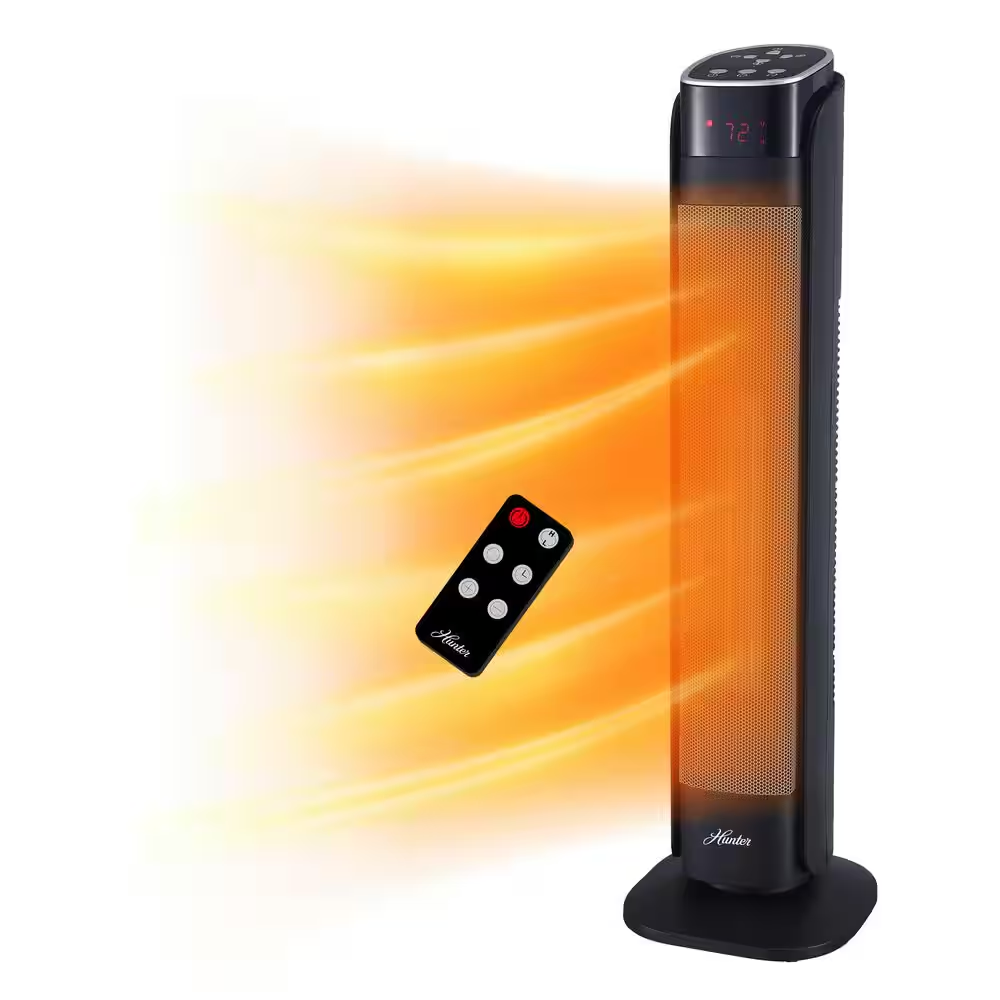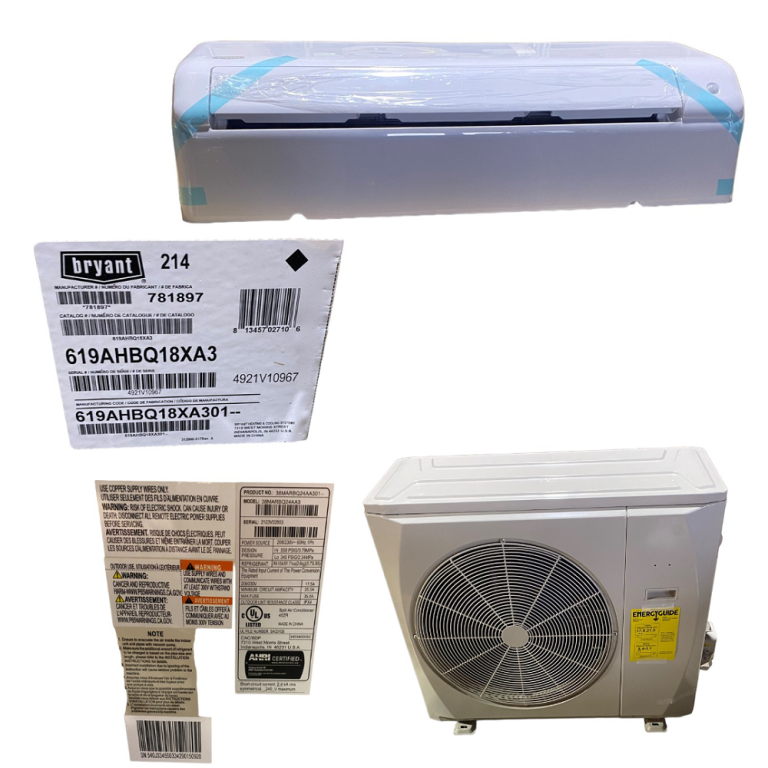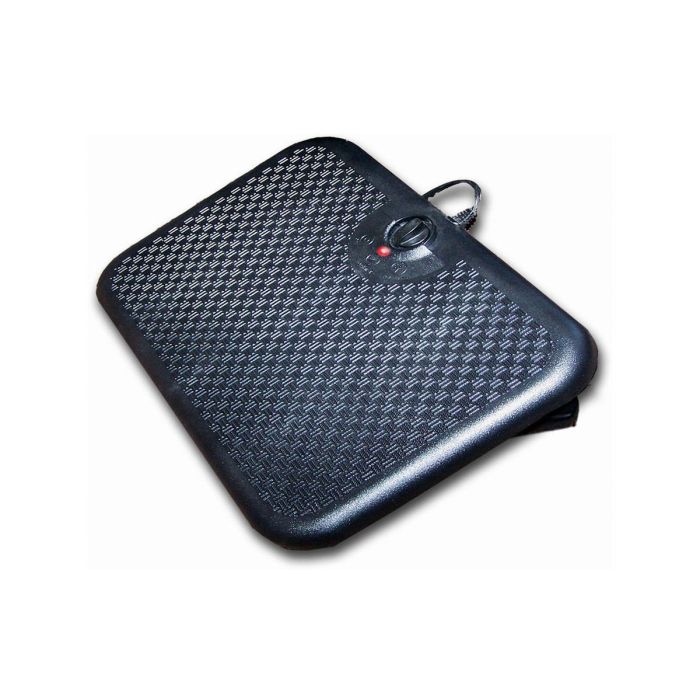As winter approaches or temperatures drop, many people turn to space heaters for warmth and comfort. These handy appliances provide efficient heating for specific rooms in your home, making chilly environments much more bearable. However, safe operation is crucial. How long can you run a space heater? A space heater can present fire hazards if misused or left running for extended periods. Understanding how long you can safely run a space heater can help you stay warm while minimizing risks. This article covers essential safety tips and guidelines to ensure you make the most of your space heater while keeping your home safe.
Understanding Space Heater Types
Different Space Heater Designs
Space heaters come in various types, each designed for specific applications. Electric heaters are the most common and can be portable or fixed installations. Types include convection heaters, which warm the air in the room; radiant heaters, which emit infrared heat to warm objects directly; and ceramic heaters, known for their quick heating capabilities. Each type serves different purposes but shares the need for safety and proper usage.
Heat Output and Efficiency
How long can you run a space heater? Before choosing a space heater, consider its heat output, typically measured in British Thermal Units (BTUs). Higher BTU ratings indicate more heat output, meaning the heater can warm larger spaces effectively. However, it’s essential to select a heater that fits the space you intend to use it in. Overusing a heater in too-small a space can lead to overheating, while underusing a heater in a larger room can leave you feeling chilly. Always match the heater’s capabilities to the room size for maximum efficiency and safety.
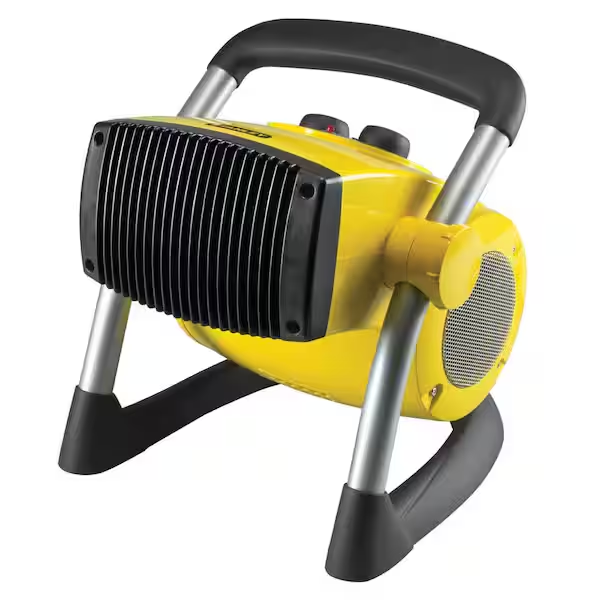
Know the Manufacturer’s Guidelines
Always Read the User Manual
Each space heater comes with a user manual that outlines recommended usage and safety guidelines. Familiarize yourself with these instructions, including how long the heater can be run continuously. Manufacturers typically provide time constraints for prolonged usage alongside warnings about overheating and energy consumption. By adhering to these guidelines, you can help ensure safe operation and prevent potential issues.
Specific Time Recommendations
Many manufacturers suggest running electric space heaters for no more than 8 to 10 hours at a time. While some models are designed for more extended use, continuous operation for extended periods can lead to overheating and malfunction. If you want to keep a space warm for longer durations, consider scheduling breaks for the heater to cool down. Safety features such as built-in timers can be very beneficial in this regard, ensuring that the heater shuts off automatically after a predetermined time.
The Importance of Monitoring Temperature
Keeping an Eye on Heater Temperature
While operating a space heater, always monitor its temperature. Many units come equipped with temperature controls or built-in thermostats that allow you to maintain a desired warmth without letting the heater run excessively hot. Regularly check for unusual heat around the unit’s exterior, as heating can be a sign of trouble.
Using a Thermometer
Investing in a room thermometer can be useful for keeping track of the ambient temperature. Ideal indoor temperatures generally range between 68°F to 72°F (20°C to 22°C). If temperatures rise above this range while running a space heater, you may need to turn the device off or lower the temperature setting. Doing this not only protects your heater from overheating but also prevents energy waste.
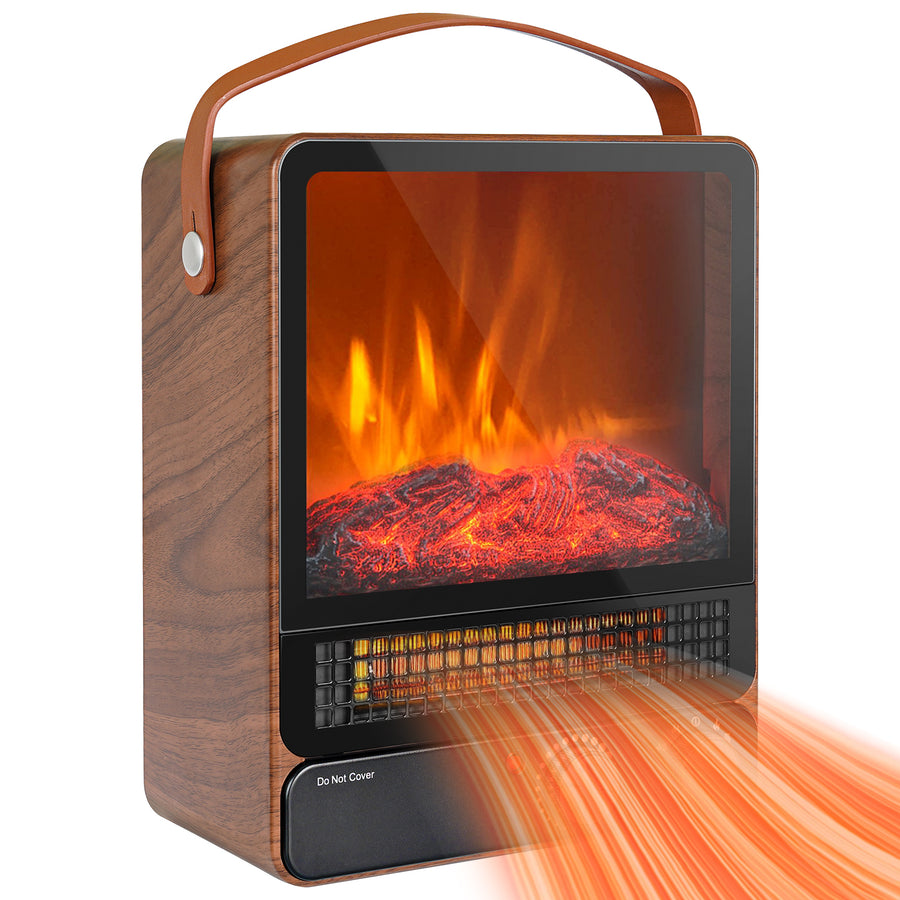
Placement and Surroundings Matter
Safe Distance from Furnishings
How you position your space heater significantly affects its safety. Always place the heater at least three feet away from flammable materials, such as curtains, furniture, and bedding. Keep a clear area around the heater to allow proper airflow, which helps prevent overheating. Avoid positioning the heater in spots where people frequently walk, as this increases the risk of accidental tip-overs.
Avoiding Hidden Hazards
Ensure that the space around the heater is clutter-free. Items like papers, clothing, or loose blankets can easily catch fire if they come into close contact with the heating element. Also, avoid using extension cords, as they can overheat and lead to electrical fires. Instead, plug the heater directly into a wall outlet to minimize risks. Proper placement goes a long way in enhancing safety as you enjoy the warmth.
Set Up a Timer or Monitor Usage
Utilizing Built-in Timers
Many modern space heaters come with programmable timers that allow users to set how long the heater runs. Utilize this feature to prevent prolonged operation without supervision. Setting a timer can help ensure that the heater turns off after a certain period, reducing the risk of overheating and conserving energy.
Manual Monitoring
If your space heater doesn’t have a built-in timer, consider using a simple kitchen timer to remind you to check on it periodically. Setting reminders to turn off the heater can help maintain a safe environment. It’s also important to be vigilant—never leave a running space heater unattended. If you leave the room or go to sleep, turn the space heater off to minimize risks.
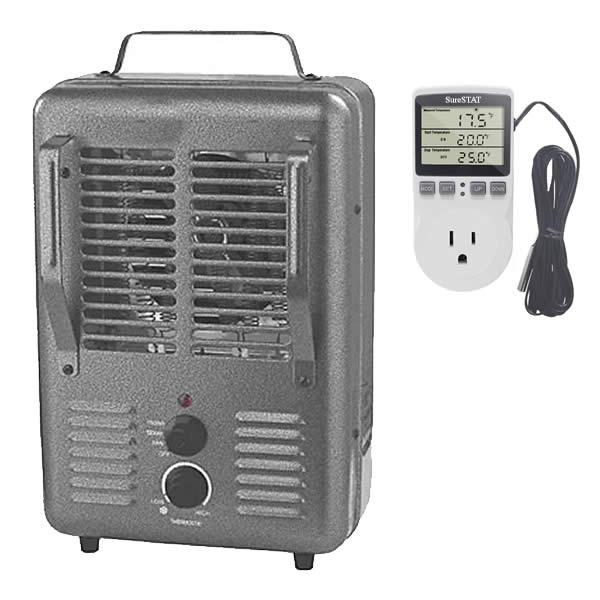
Regular Maintenance Checks
Cleaning and Inspections
Keeping your space heater well-maintained extends its lifespan and improves safety. Dust and debris can accumulate on the heating elements and vents, affecting performance and increasing fire hazards. Regularly clean the heater according to manufacturer guidelines, which typically recommend monthly inspections during high-usage seasons.
Checking Cords and Plugs
Inspect the power cords and plugs for any signs of wear or damage. Frayed cords can pose a significant risk and should be replaced immediately. If you notice any unusual behavior, such as strange noises or the heater not functioning as intended, consult a qualified technician for repairs or replacements. Regular care enhances both safety and efficiency.
Professional Servicing
If you plan to use your space heater frequently, consider scheduling professional servicing at least once a year. An expert technician can provide a thorough inspection to ensure that all components are functioning correctly and reduce the risk of failure during peak usage times.
Know When to Stop Using Your Heater
Signs of Potential Problems
Understanding when to turn off your space heater can prevent safety issues. Watch for signs such as unusual smells, excessive heat, or frequent shut-offs. If you notice that your heater is producing smoke or strange odors, unplug it immediately and let it cool down. These signs can indicate an internal malfunction, and further operation may lead to fire or injury.
End-of-Season Storage
Once the heating season is over, store your space heater safely. Clean it thoroughly to remove any dust or debris before packing it away. Store it upright in a cool, dry place, away from direct sunlight or moisture. When you are ready to use it again, inspect it for any signs of wear or damage before powering it up, ensuring safe use when the colder months return.
Stay Warm, Stay Safe
How long can you run a space heater? Space heaters provide welcome comfort during cold weather, but understanding how long to run them safely is essential. By following safety guidelines, monitoring temperatures, and performing regular maintenance checks, you can enjoy their warmth without risks. Familiarize yourself with your heater’s manufacturer instructions, maintain a safe operating environment, and never leave it unattended.
By remaining vigilant and responsible while using space heaters, you can create a cozy atmosphere in your home without compromising safety. Adopting these practices not only enhances warmth and comfort but also ensures peace of mind for you and your loved ones. As the chill sets in, you can embrace the cold knowing that proper precautions keep your home safe and warm. Stay warm, stay safe—your cozy winter experience awaits!
